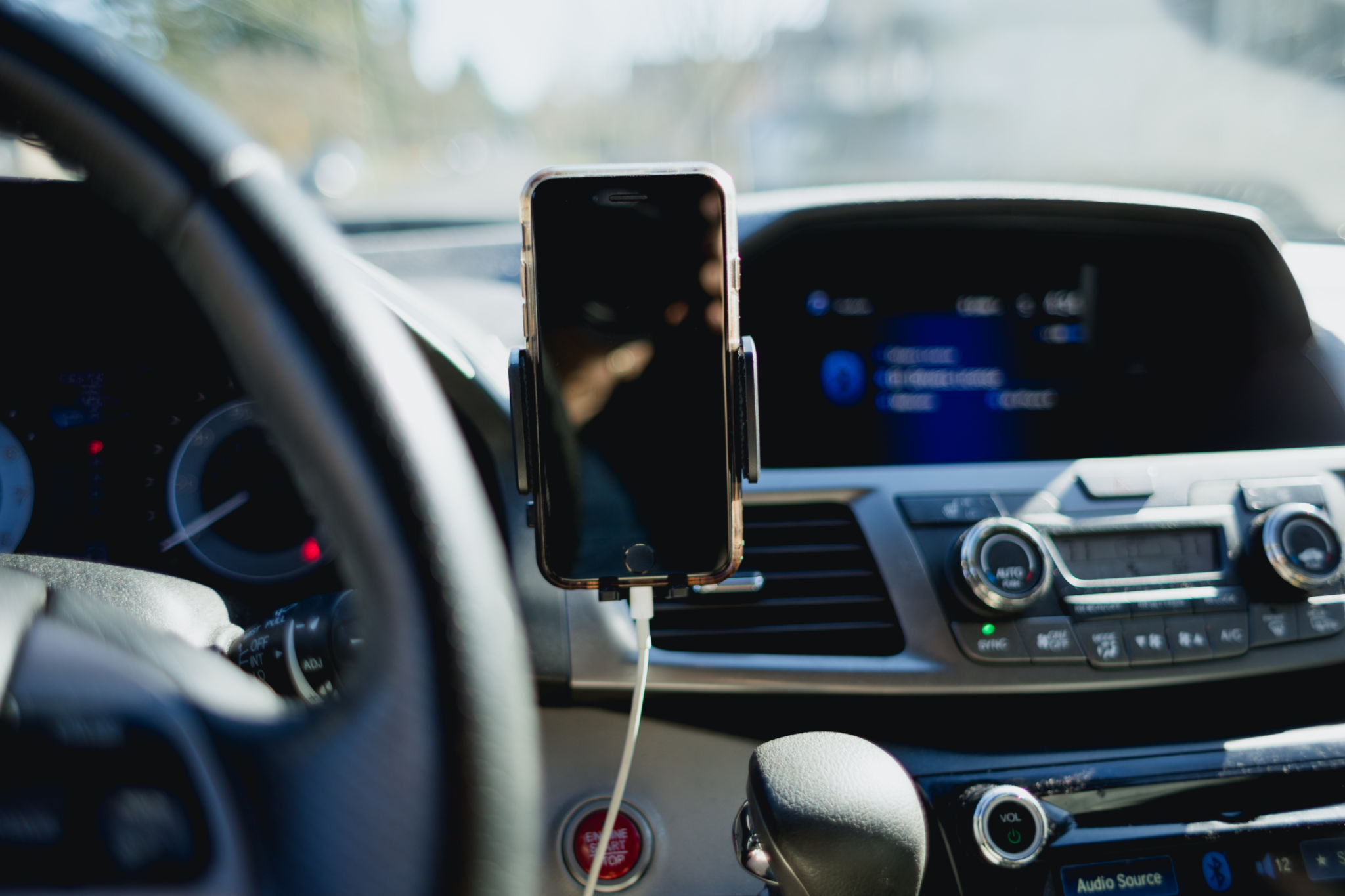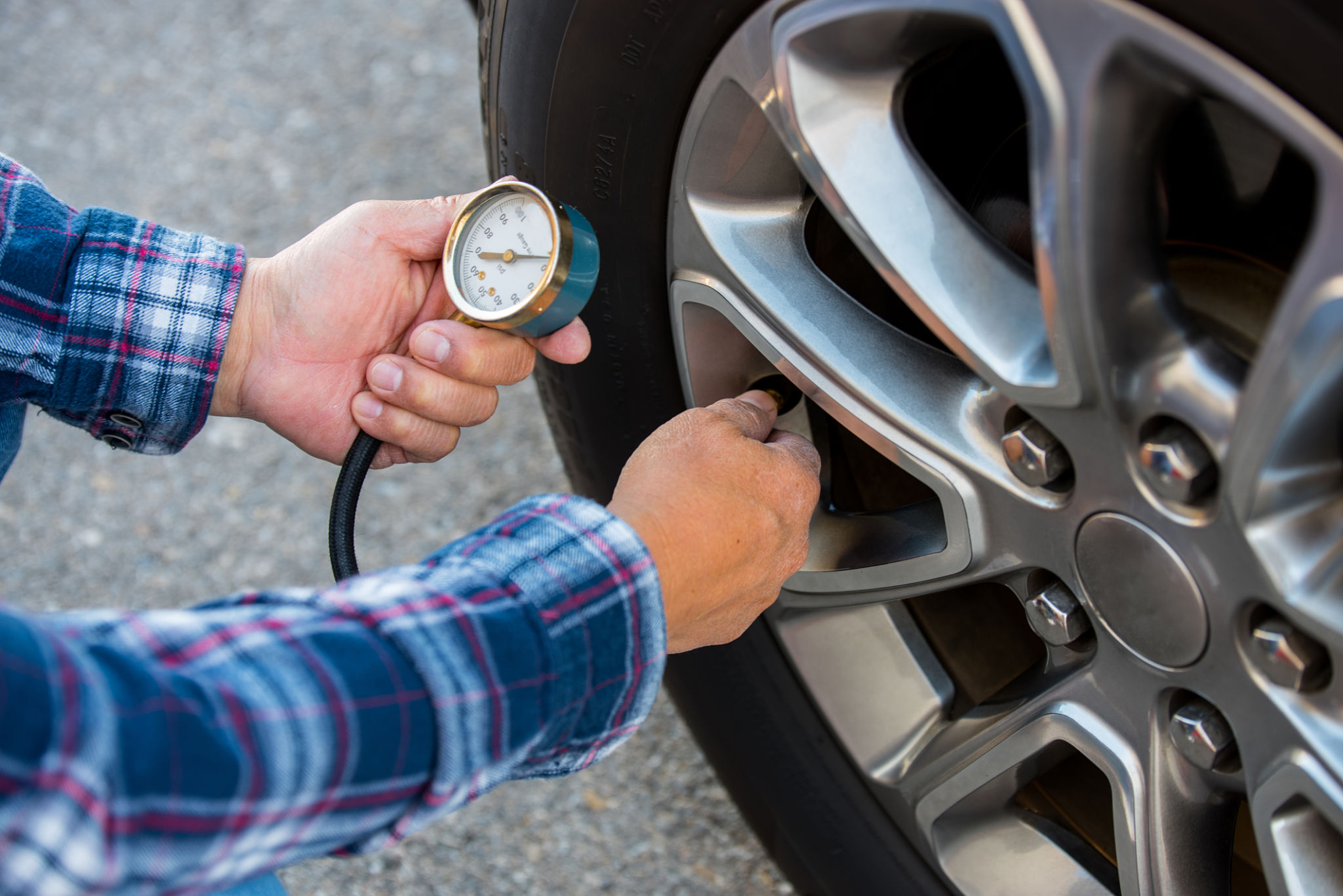Understanding Car Dashboard Lights: A Comprehensive Guide for South Gloucestershire Drivers
Introduction to Dashboard Lights
Every driver in South Gloucestershire has likely experienced the moment when a mysterious light illuminates on the dashboard. Understanding what these dashboard lights mean can be crucial for maintaining your vehicle's health and ensuring your safety on the road. This guide aims to demystify these signals and help you become more confident behind the wheel.

Common Warning Lights and Their Meanings
Dashboard lights are generally color-coded to indicate the urgency of the issue. Red lights often signal a severe problem or safety concern, such as engine overheating or brake failure, which requires immediate attention. Yellow or amber lights suggest caution, indicating issues like low fuel or a need for maintenance. Green and blue lights are generally informational, showing that certain systems are active, like headlights or cruise control.
Engine Warning Light
The engine warning light is one of the most common yet alarming signals. When this light comes on, it could indicate anything from a loose gas cap to a more serious engine issue. It's advisable to have your vehicle checked by a professional mechanic if this light stays on.
Oil Pressure Light
The oil pressure light indicates that your vehicle's oil pressure is low. This can lead to significant engine damage if not addressed promptly. Check the oil level and top it up if necessary, but if the light persists, seek professional assistance.

Safety System Lights
Understanding safety system lights is crucial for safe driving. The ABS light, for instance, signals a problem with the anti-lock braking system, which can affect your vehicle's ability to stop safely in an emergency. Similarly, the airbag light indicates a potential issue with the airbag system, which might not deploy during a crash.
Tire Pressure Monitoring System (TPMS) Light
This light alerts you when your tire pressure is too low, which can affect vehicle handling and fuel efficiency. Check your tire pressure regularly and ensure they are inflated to the manufacturer's recommended levels.

Maintaining Your Vehicle's Health
Regular maintenance is key to preventing dashboard lights from becoming a frequent nuisance. Scheduled oil changes, tire rotations, and brake inspections can help keep your car running smoothly and avoid unexpected issues. Additionally, keeping a diagnostic tool in your vehicle can help you quickly identify minor problems before they become significant concerns.
When to Seek Professional Help
While some dashboard lights can be resolved with simple fixes, others may require professional intervention. If you're unsure or uncomfortable dealing with a particular issue, it's always best to consult with a certified mechanic who can provide expert advice and service.
Conclusion
Understanding your car's dashboard lights is essential for any driver in South Gloucestershire. By familiarizing yourself with these signals and taking appropriate action when necessary, you can ensure that your vehicle remains in top condition and that you stay safe on the road. Stay informed, stay prepared, and drive with confidence!
